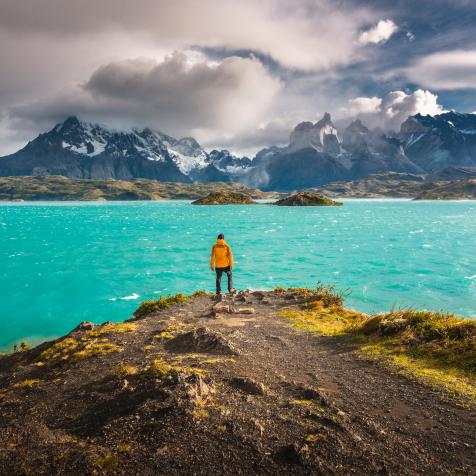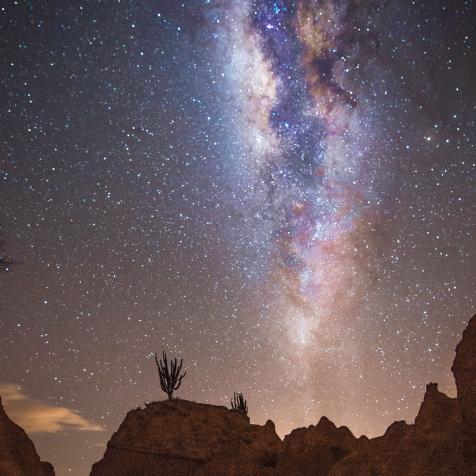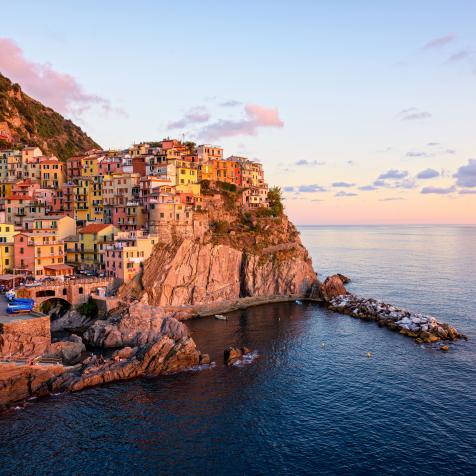
Shutterstock
Why Do People Live Near Active Volcanoes?
Volcanoes have a lot to offer local residents.
In May 2018, the people living in the shadow of the Hawaiian volcano Kilauea made a hasty evacuation when it suddenly exploded. The thing is, it had already been erupting, albeit at a slower pace, since about 1983 — which raises a question. Why did all those people choose to live near a ticking time bomb? Well, as it turns out, volcanoes have a lot to offer local residents — as long as they're ready to beat it at a moment's notice.
Going With the Flow
It would probably be pretty difficult to convince someone from New York or Chicago to set up a homestead directly in the path of an active volcano. But the volcanoes, well, they make a compelling case. There are actually many agricultural, economic, and social reasons to live next to a volcano. It all starts with the soil.
If you remember your fifth-grade science class, the molten rock that pours forth during a volcanic eruption is known as magma when it's underground and lava once it reaches the surface. The thing about magma coming up from below ground is that it takes other things up with it — things like valuable minerals and nutrients that are then broken down to make the soil extra fertile. The result is that on volcanic soil, tomatoes grow plumper, beans grow greener, and flowers grow brighter and more plentifully.
There's also the cultural role that volcanoes play in so many civilizations. In Mexico, the active Popocatépetl and the inert Iztaccihuatl are at the center of a centuries-old legend, and the Aztecs certainly weren't going to abandon the place most closely associated with their cultural heroes. Meanwhile, in Iceland, the ruthlessness of the volcano Hekla became a point of pride. Some Christians on the island believed it was literally a gateway to Hell, while others told a tale of a wicked magician driven off by the volcano's lava bombs. Seems like a handy feature of a hometown.
Modern Magma Maniacs
That explains why people have been living near volcanoes since time immemorial. But as technology has advanced, the benefits of volcanoes have only increased. In Iceland and New Zealand, for example, geothermal energy plants have come to play an integral role in keeping the countries' lights on. That wouldn't be possible without the volcanoes that created the islands in the first place. Plus, the unmatched vistas created by volcanic networks aren't just pleasant to live near; they're also a major draw of tourist dollars. That kind of thing can't be ignored.
Whatever the draw, it's clear that volcanoes have a lot to offer the people who live in their shadows. Name an active volcano: Fuji, Vesuvius, Mt. St. Helens, or even Iceland's infamous Eyjafjallajökull — every single one of them has a decent-size population at the base, and a couple of them have full-blown megalopolises. Living near a volcano is a lot like gambling, but in this case, you're going to want to get out before things get too hot.
This article first appeared on Curiosity.com.


















